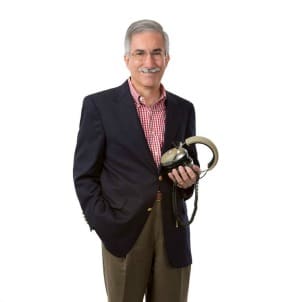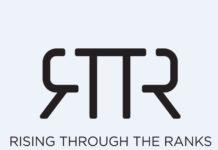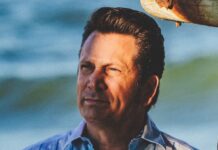
(By John Garziglia) An air personality on your radio station prerecords an interview with one of the many presidential candidates to broadcast on a regularly-scheduled interview program. Must your station afford equal opportunities to all of the other presidential candidates?
This situation just arose in the case of presidential candidate Pete Buttigieg where station management made the decision not to broadcast a prerecorded interview based upon potential FCC equal opportunity obligations (full disclosure: I have represented the subject licensee for certain matters unrelated to political broadcasting issues).
As described below, each situation of whether or not to air such an interview is a judgment call. For this aspect of the FCC’s political broadcasting rules, assuming that the segment falls under the exemption of what the FCC calls a bona fide news interview, the decision whether or not to broadcast the segment is entirely reposed in the radio station licensee.
Let’s take a look at the general situation of political candidate interviews and where such broadcasts might trigger the obligation to grant airtime under the FCC’s equal opportunity rules to opposing political candidates. Generally, any time that a legally qualified candidate for public office is on the air in a reasonably identifiable way, for four or more seconds, that appearance is a “use” which may entitle opposing candidates to equal opportunities (often erroneously referred to as equal time). Clearly, then, a political candidate engaging in a long-form interview with a station air personality is a “use.”
But, certain “uses” on bona fide news types of programming are exempt from equal opportunities. The news types of programming in which a “use” is exempt from equal opportunity obligations are: a bona fide newscast, a bona fide news interview, a bona fide news documentary, and on-the-spot coverage of a bona fide news event. As you can see, the operative words are “bona fide.”
To assess whether a news interview program is “bona fide” under the FCC’s political broadcasting rules, the FCC primarily looks at whether the purpose of the interview on the radio station’s part is to advance an individual’s candidacy. The FCC assesses whether the format, nature, and content of the program are based upon the broadcaster’s good faith journalistic judgment. The FCC also looks at the circumstances that initiated the interview, who produces and controls the interview, and whether the interview program is regularly scheduled.
To take an extreme example, if a political candidate who is a friend of the radio station licensee was to drop by a radio station’s studio unannounced as a radio personality is voice-tracking the evening show, who interviews the candidate by only asking “why are you running,” lets the candidate drone on for five minutes uninterrupted while she gets coffee, and the segment later is broadcast on her mostly music show, that does not generally broadcast interview segments, the opposing candidates in the same political race would have a really good argument in requesting equal opportunities.
At the other end of the spectrum, if a political candidate is invited, based upon newsworthiness, to appear on a regularly scheduled radio station program in which various notable people are routinely interviewed, and the interviewee keeps control of the interview through the questions asked and the subjects discussed, in such a situation where the radio station is in full control of the content, opposing candidates would have a next-to-impossible task in making a claim for equal opportunities even if none of the other candidates were ever invited to appear.
Most situations, of course, are not extreme. The FCC, however, when confronted with questions of equal opportunities for the interview of a political candidate on a regularly scheduled program, in which interviews are generally conducted, has generally held in favor of it being a “use” that is exempt from equal opportunities. Thus, Meet the Press, Face the Nation, Today, Good Morning America, the Tonight Show with Jay Leno, and Entertainment Tonight have all been deemed to be bona fide news interview programs. So too were interviews on the Howard Stern Show, Larry King, and the Tom Joyner Radio Program, deemed bona fide.
Conversely, the FCC has ruled the following as falling outside the bona fide news interview exception: a governor’s prerecorded interview program in which his staff selected questions; a one-time interview program with an incumbent congressman concerning his experiences in office; and an interview of an incumbent district supervisor on a regularly scheduled newscast where the moderator allowed the candidate to dominate the program.
Even if a candidate’s interview appears to fall on the bona fide interview side of the exemption to equal opportunities, a licensee may choose not to broadcast the interview because it does not wish to be the subject of an FCC complaint arguing that equal opportunities are merited. In the same way as the now defunct FCC Fairness Doctrine had the effect of muzzling speech, so can the FCC’s equal opportunity rules by raising a concern for unwanted litigation and lawyer fees. After all, what licensee wants a potential fight at the FCC with multiple opposing candidates claiming free time. Simply put, a decision whether or not to broadcast the interview of a politician is wholly up to the judgment of the radio station licensee.
John Garziglia is a communications attorney at Womble Bond Dickinson and can be reached at (202) 857-4455 or [email protected]







Is there a specific time period during which the rules are enforced? Say in the year of the election or within 6 months of the election?
Cumulus was *completely* full of crap on the Buttigieg matter. Shameful.
I agree. You would think as a gay woman herself, CEO Mary Berner would have shown more sensitivity.